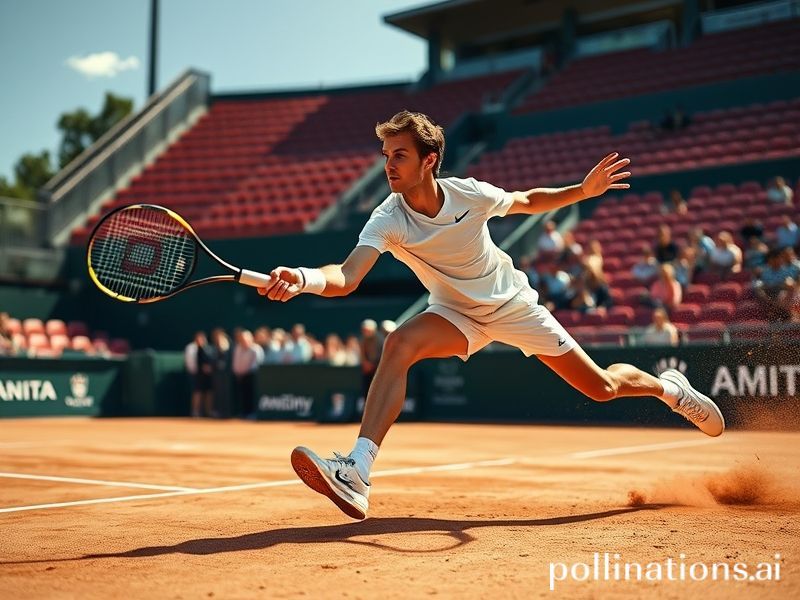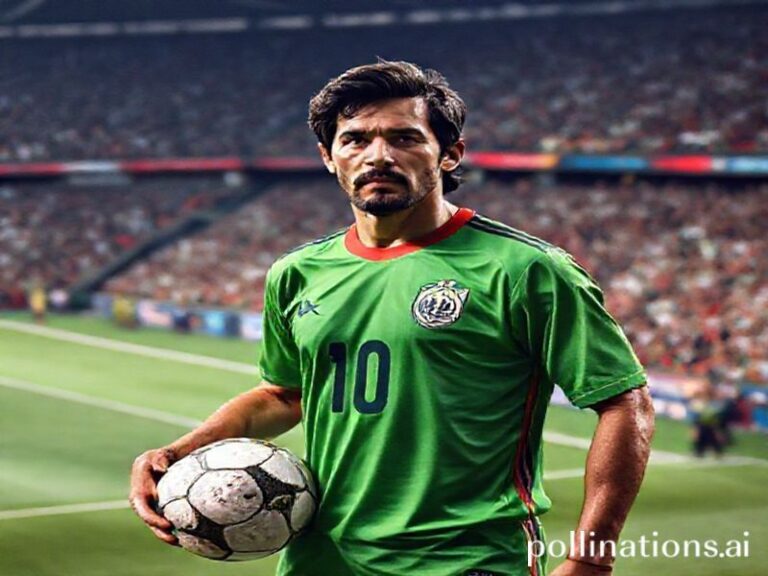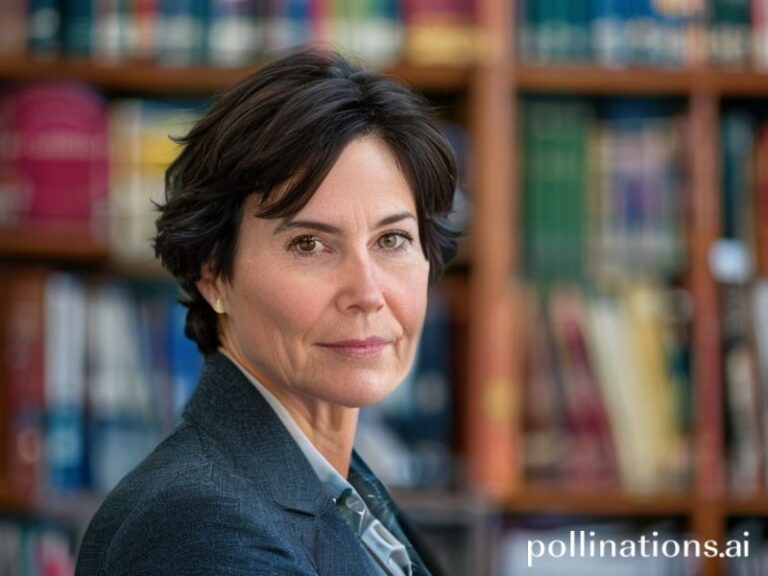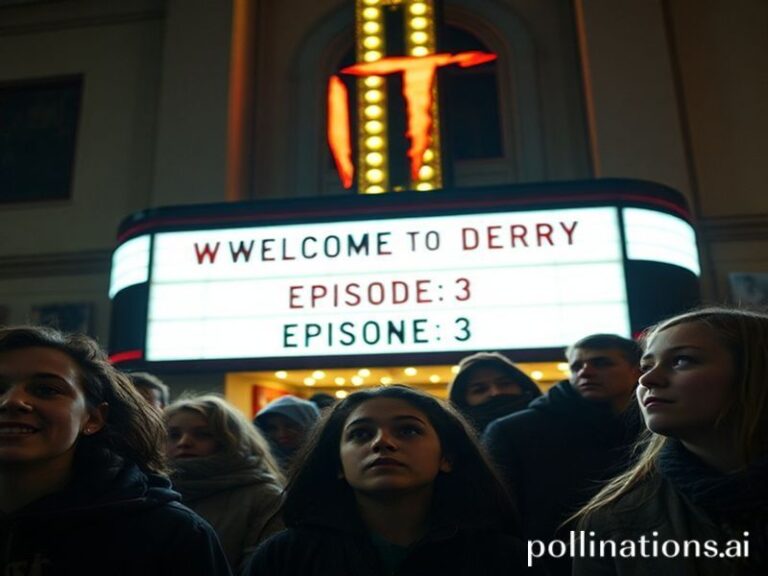Sebastian Korda: The Soft-Power Serve That’s Quietly Redrawing the Global Tennis Map
In the grand geopolitical chessboard that is professional tennis, Sebastian Korda has emerged as the polite, weaponized neoliberal son-in-law your oligarch uncle never saw coming. The 23-year-old Floridian, currently swinging a racquet like it’s a last-ditch trade agreement, carries a surname that once belonged to Cold-War ping-pong diplomacy and now belongs to the algorithmic feed of every bored commuter in Jakarta. One minute he’s breaking into the Top 30, the next he’s trending in three alphabets—proof that even niche sports can be globalized faster than you can say “supply-chain disruption.”
Korda’s biography reads like Davos fan-fiction: son of Czech tennis defector Petr, raised on Florida’s manicured lawns, fluent in three languages and the subtle art of nodding politely when a Saudi investor calls the sport “content.” While most twenty-somethings are arguing with their landlord, Sebastian is busy negotiating appearance fees in currencies that didn’t exist when his father won the Australian Open. The irony, of course, is that the harder he tries to transcend nationality, the more the marketing departments stamp “Global Citizen™” on his forehead—like a FedEx label for soft power.
On court, the kid plays with the serene detachment of someone who’s already read the non-disclosure agreement. His backhand—loopy, dismissive, almost European—owes more to Monte Carlo clay than to American concrete. Watch him dismantle a Top-10 opponent and you’ll see the precise moment when national pride quietly files for Chapter 11. The commentators hail it as “mature”; the rest of us recognize it as the same glazed professionalism we bring to Zoom calls at 3 a.m. to accommodate Singapore.
And yet, the world insists on projecting its neuroses onto him. In Beijing, they whisper he’s proof that Western training academies still harvest talent like lithium. In London, they fret he’s too bland to sell strawberries-and-cream merch. In Buenos Aires, they claim he’s just another gringo until he unleashes a drop shot so insultingly delicate it could broker a ceasefire. Every continent wants a piece of him, preferably in 30-second vertical-video chunks with auto-generated subtitles. Meanwhile, Korda himself appears mildly surprised that anyone’s still watching after the third set.
The broader significance? Somewhere between the Paris Masters and the Shanghai Rolex, the ATP tour has become an accidental experiment in borderless capitalism. Players fly private, coaches swap nationalities like burner phones, and the rankings update faster than sanctions regimes. Korda, polite to a fault, is the poster child for this frictionless age: multilingual, multinationally sponsored, and allergic to controversy in any tongue. If the 20th century belonged to the loud American superstar, the 21st belongs to the soft-spoken kid who can apologize in perfect Czech when he accidentally breaks your serve—and then invoice you in euros.
Which brings us to the existential punchline: the more global tennis becomes, the less it matters where anyone’s passport was printed. The sport’s center of gravity has drifted into the cloud, somewhere above the Indian Ocean, ping-ponging between data centers like a ball on Hawkeye. Korda is simply the latest node in that network, a walking LinkedIn profile with a 130-mph serve. Ask him about “legacy” and he’ll probably smile, mention process, and wonder if legacy still pays appearance fees.
So here’s to Sebastian Korda: the diplomatically vague answer to a question nobody remembers asking. In a world that can’t decide whether to open borders or close them, he glides through customs with the blithe confidence of someone carrying nothing more dangerous than a 98-square-inch racquet and a diversified portfolio. If that isn’t a metaphor for late-stage everything, I don’t know what is. Game, set, and match to whoever’s selling the streaming rights.







